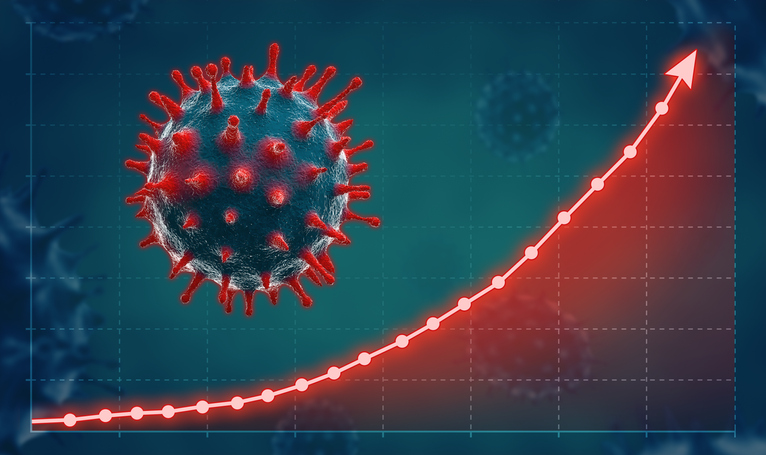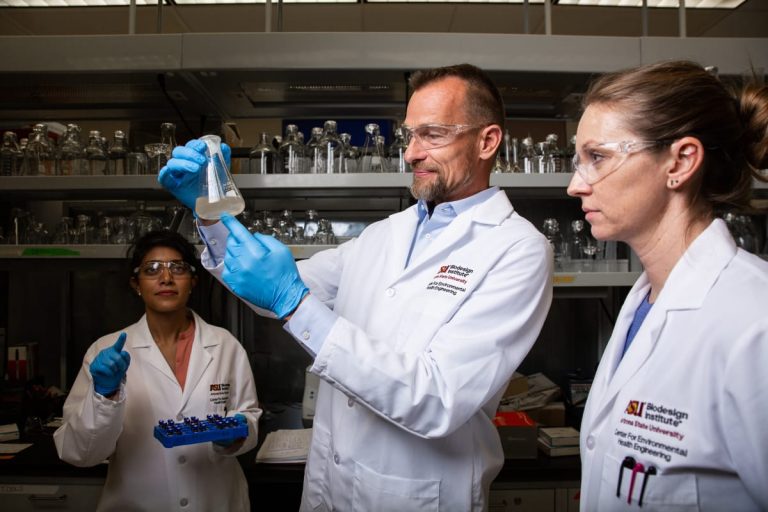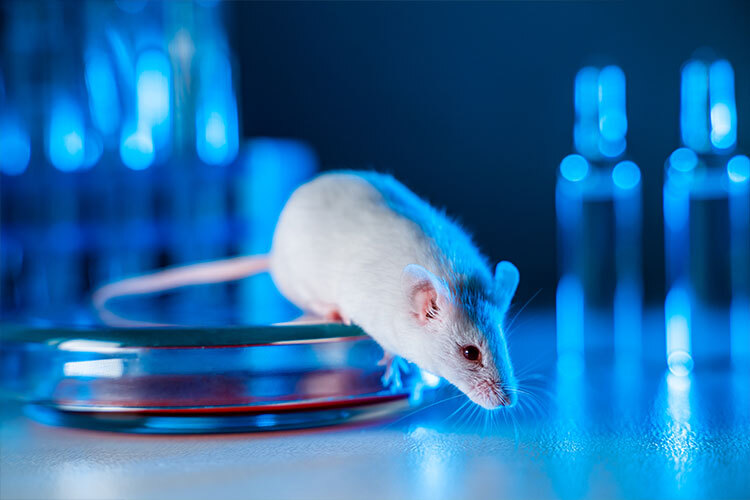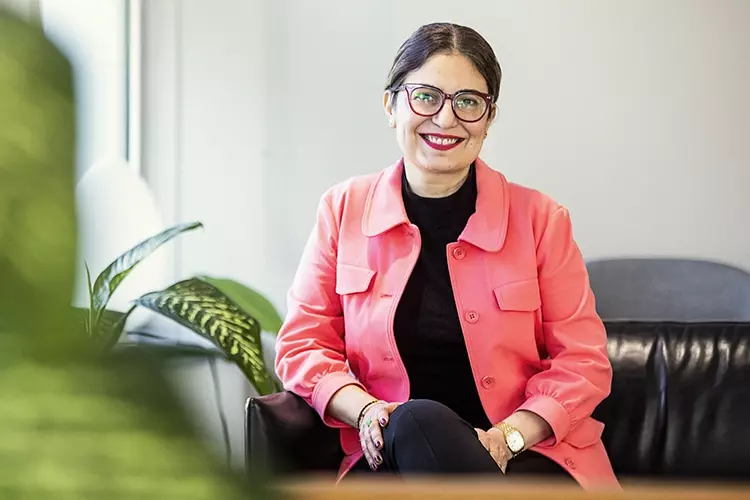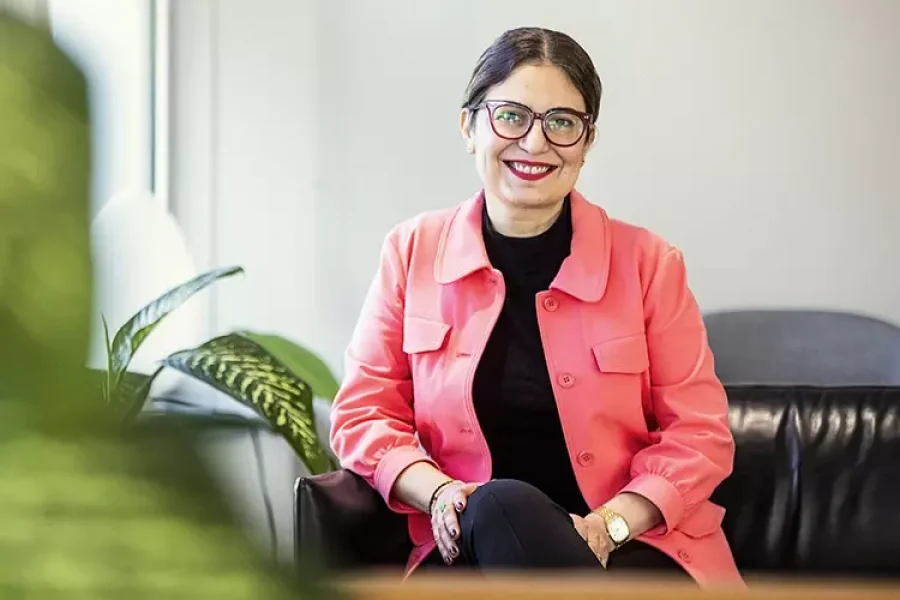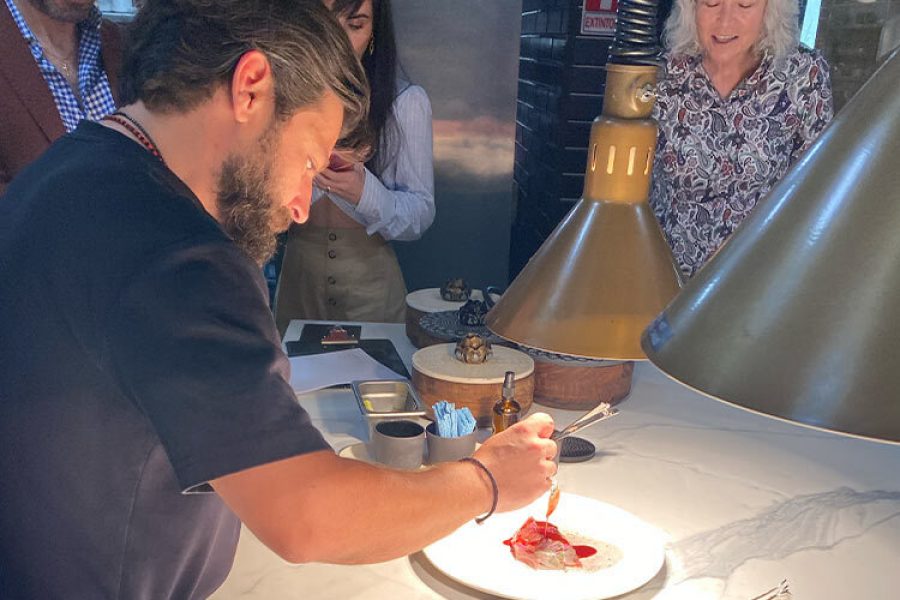You start the day with cereal for breakfast. A few hours later, you have a bag of chips. For dinner, you have some cookies. The routine seems innocent enough until we see how much we eat over a year, in which time the average Mexican consumes 212 kilos of ultra-processed products.
Substituting natural foods for industrialized foodstuffs would be ideal for our health, but city life and the lack of preparation time sometimes leads us to opt for packaged products.
In that situation, it would be great if snacks were nutritious. Janet Gutiérrez believes this is possible and is working to make it a reality through the Smart Lipids project.
Glucose roller coaster
Gutiérrez is a biotechnology expert who leads the Foods Unit at the Institute for Obesity Research. She explains that one of the big problems with processed foods is that they contain easy-to-digest carbohydrates, which cause glucose spikes and affect our insulin sensitivity. This causes glucose to accumulate as fat, damaging adipose tissue and leading to obesity.
Reversing the situation isn’t easy. Fewer carbohydrates, which are our source of energy, won’t change the result. Ideally, carbohydrates should be digested slowly, thereby avoiding glucose spikes. As these spikes rise and drop quickly, we experience this situation as hunger and a bad mood.
Through their research, Janet Gutiérrez and her team have found that it is possible to create foods that include slow-digesting carbohydrates. To do so, they carefully chose the origin and percentages of each ingredient, as well as the preparation method.
Smart ingredients
For example, in a study they conducted with extruded foods, which are foods produced at high temperatures (like cereals), they noticed that the correct amounts of sprouted chickpeas and fat could modify the food’s molecular structure and the digestibility of carbohydrates, while maintaining the protein absorption rate.
As a result, they incorporated Omega 3 into the project, which is a fatty acid with many nutritional benefits. Our ancestors consumed a lot of fish, obtaining good amounts of Omega 3, but now it’s not present in a lot of food, while this ingredient is usually imported in industrial food, as is the case for cod liver oil.
The scientists chose a sustainable Mexican source for Smart Lipids. They work with a fishing community in Oaxaca, extracting Omega 3 from the fish offal they buy from them. What’s more, they support fishermen by helping them turn the waste product into biogas and fertilizer instead of it being abandoned on the docks.
They also have plans to extract Omega 3 from plant sources. One of their ideas includes cultivating microalgae in bioreactors, just like international companies are already doing.
Diners in the crosshairs
Their target audience is children. The IOR unit plans to bring healthy snacks to schools, which is a huge challenge in Mexico, where 25% of children’s daily calorie intake comes from snacks.
In December, they developed a snack which includes Omega 3. At the start, it had a strong fishy taste, but it now only has a slight hint of sea salt. As well as improving starch availability and protein quality, they were able to encapsulate flavors that could be foreign to our culture by protecting Omega 3 for the cooking process.
Janet believes that creating food whose texture, flavor, smell, and presentation is appealing is just as important as it being healthy, “so it doesn’t get left uneaten in the pantry.”
Furthermore, nutrients such as Omega 3 not only help reduce fat in the body, but also play a role in mental health.
As Mexico is the main consumer of processed foods in Latin America, the Mexican scientist says it wouldn’t be a bad thing to have more nutritious food in our smoothies, cereals, snack bars, or sandwiches. Meanwhile, these recipes are already being crafted in the lab.


